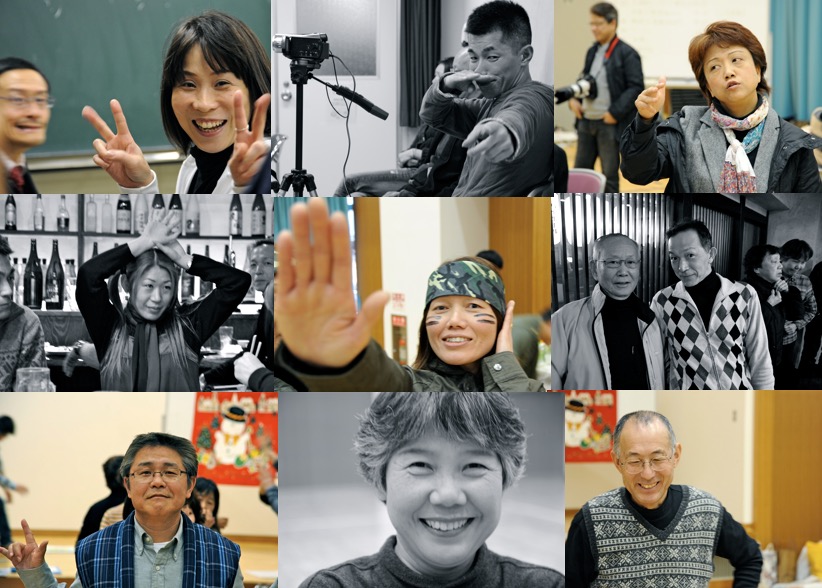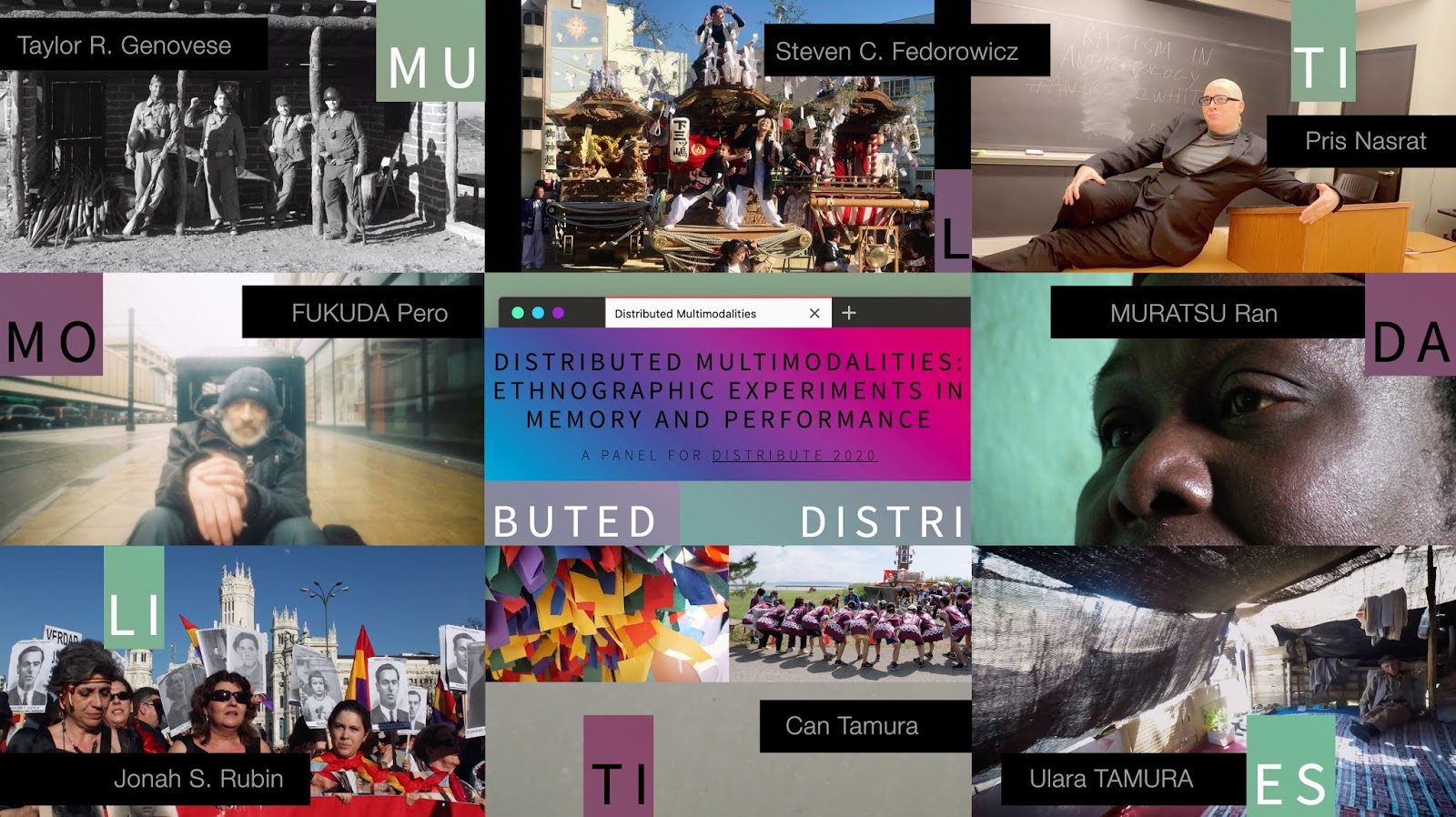Another announcement from H-Japan:
Please join us for the first meeting of the Japanese Film Workshop on Thursday, October 1, 7PM, at Meiji Gakuin University, Shirokane campus. The venue is called the Kyozai junbi sitsu (教材準備室), a room next to the office of the Department of Art Studies (芸術学科) on 6F of the main building. The Japanese Film Workshop is open to all, and directions to Meiji Gakuin can be found at:
http://www.meijigakuin.ac.jp/access/index.html
Unburdening Zainichi Films
Oliver Dew - PhD candidate at Birkbeck College, London and JSPS research fellow at Meiji Gakuin University, Tokyo.
Critics have long recognised that films depicting traumatic historical events have a privileged access to public memory forming. All too often though the critic of the zainichi film is caught in a dilemma: how to engage with the film’s claim to represent diasporic Korean histories and identities, yet at the same time avoid sliding into the “historical scorecard” approach to criticism, which repeatedly asks, “is this depiction realistic?” This approach implies that historical verisimilitude rendered in the realist mode is the only appropriate way to tell these stories. This can only reproduce the burden of representation that zainichi films carry.
To move beyond this concern over whether the details of plot are factually verisimilar, yet still be able to interrogate the films’ politics, I argue for a closer attention to these films as rhetoric, as specifically cinematic interventions in a debate that is conducted across TV variety shows, weekly opinion magazines, long-form essays, celebrity memoirs, internet blogs, and other popular media. To this end I will focus in this presentation on the narrative figure of “coming out” as zainichi, first seen onscreen in the mid-1970s, most notably in the early film roles of Johnny Kura. Since the success of the Kaneshiro Kazuki’s novel Go in 2000, and its film adaptation a year later, this has become a recurring motif. The heightened, manichaean terms in which this narrative figure is so often staged are at odds with the main features of “post-zainichi” writing: calls to go beyond a fixed ethnic identity on the one hand, and the strategic deployment of prosaic, de-dramatised ordinariness on the other. But the critical preoccupation with whether, say, the Pacchigi films’ depiction of inter-ethnic relations is “representative” too often forecloses the question of mediation: in this case, the extent to which audiences are appreciative of dramatic license and the highly codified imperatives of melodrama that are operative in Pacchigi.
For more information, please contact naoki.yamamoto@yale.edu
Subscribe to:
Post Comments (Atom)






















No comments:
Post a Comment